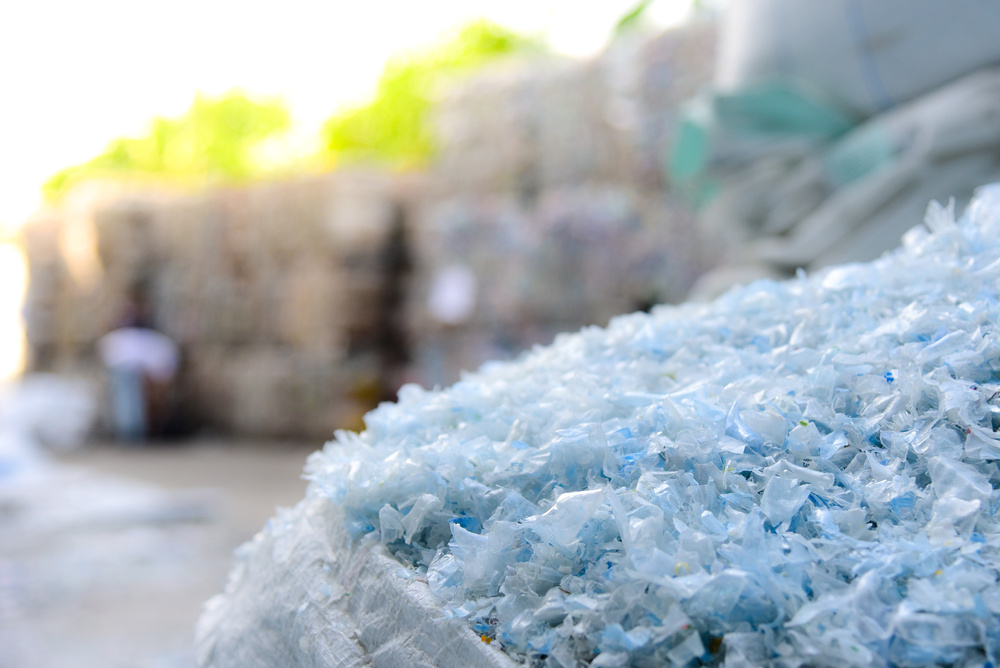FTC’s Redefining Recyclable Plastics Could Change A Lot

There is a move afoot to convince the Federal Trade Commission (FTC) to redefine recyclable plastics in such a way as to force language changes within the plastics space. At issue is whether recyclable plastics actually get recycled in the real world. Unfortunately, the FTC Green Guides debate misses the point.
The FTC’s original Green Guides were published a decade ago. They were intended to provide a framework whereby manufacturers and marketers could advertise the environmental benefits of their products without violating Section 5 of the Federal Trade Commission Act. The guides more or less created a standard set of definitions covering everything from biodegradability to sustainability and recycling.
Now the FTC is being asked to revisit its definitions across the entire green spectrum. Where plastics recycling is concerned, certain groups want to redefine recyclability based on whether recycling actually occurs, rather than its potential.
Not all Recyclables Get Recycled
We can illustrate the point easily enough by discussing what we do here at Seraphim Plastics. As our regular customers know, we buy industrial scrap plastic and convert it into plastic regrind we then sell to manufacturers. We recycle everything from plastic totes to baled PET bottles. But here’s the thing: there are literally tons of plastic we could recycle that gets sent to landfills instead.
A pallet of PET water bottles is recyclable. Any company that does what we do can grind those bottles up and sell the material to manufacturers. And yet it doesn’t always happen. A lot of PET bottles get tossed into landfills or incinerators. Does that mean they are not recyclable? No. They are still recyclable whether someone actually does it or not.
The groups asking the FTC to redefine recyclable materials don’t see things that way. They want a new definition of ‘recyclable’ based on whether a material is recycled in most communities across the country.
Marketing and Packaging Would Change
Let us assume the FTC did redefine recyclable plastics based on whether they actually get recycled. What would that mean to our industry? It would not change much in terms of what we do if anything at all. But a new definition would impact marketing and packaging.
From a marketing standpoint, companies would no longer be able to say their packaging is recyclable if the majority of communities around the country do not make any real effort to recycle it. Manufacturers would also have to change their packaging.
Proponents want the FTC to go so far as to ban the use of the recycling symbol on packages that do not get recycled in large volumes. That means manufacturers would no longer put the symbols on their containers. They would no longer be able to claim a level of environmental responsibility by using recyclable plastics.
It Won’t Change the Reality of Industrial Plastics
A new definition will not change the fact that consumers will prefer convenience over environmental responsibility. It won’t change the amount of industrial plastic scrap manufacturers and other companies produce. All a new definition will do is change what marketers and manufacturers say about the plastics they utilize.
Time will tell what the FTC decides to do. In the meantime, Seraphim Plastics will continue doing what we do best: recycling scrap industrial plastics in seven states.